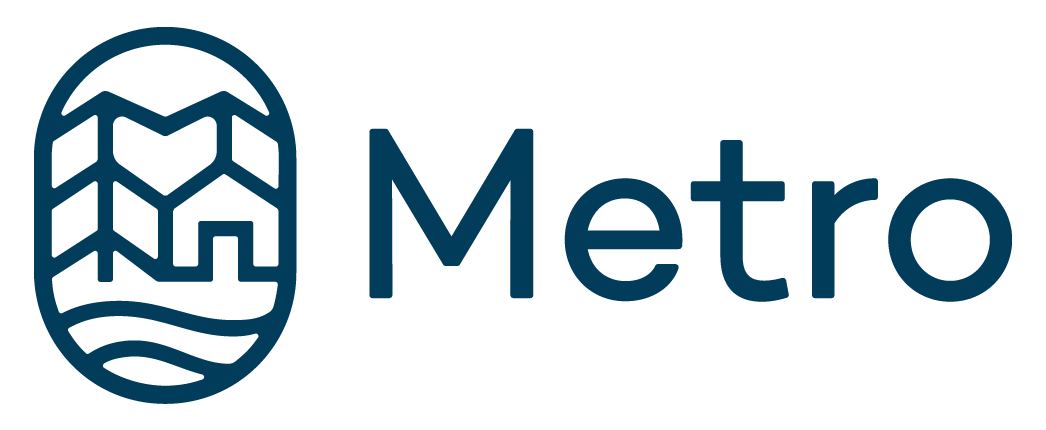EREF Announces Recycling Grant RFP - Preproposals Due 12/1
The Environmental Research and Education Foundation (EREF) Board of Directors has set an initiative to ensure research funded reflects EREF’s long-term strategic plan to address all areas of integrated solid waste management, with a strong focus towards research that increased sustainable solid waste management practices.
EREF is an IRS 501(c)3 non-profit organization and is one of the largest sources of funding for solid waste research in North America. EREF is not affiliated with any other entity or group and governed by a duly elected Board of Directors. The Board of Directors is the decision-making body that has responsibility for establishing policies that define program interests and fundamental objectives to be served by the Foundation.
Definition of Solid Waste Used in this RFP
It should be noted that EREF defines solid waste to include:
- municipal solid waste (e.g. residential, commercial, institutional)
- construction & demolition debris
- certain industrial wastes (e.g. exploration & production waste, coal ash) and
- other wastes typically managed by the solid waste industry or generated by the public not included in the above items (e.g. electronic waste, disaster debris, etc).
Agricultural wastes (that aren’t handled by the waste industry), nuclear waste, and land applied wastewater treatment sludge are generally not included in this definition.
Pre-Proposal Process for Proposal Submission
All pre-proposals shall be submitted through an online application found HERE. Mailed hard copies and email submissions will not be accepted.
Pre-proposals are now REQUIRED prior to submitting a full proposal using the pre-proposal template. All pre-proposals must adhere to the criteria noted and be submitted by the established deadlines. Pre-proposals submitted in response to this RFP that do not fit within the topic areas noted will not be reviewed.
Research Topic Areas
Pre-proposal topics must relate to sustainable solid waste management practices and pertain to the following topic areas:
- Waste minimization
- Recycling
- Waste conversion to energy, biofuels, chemicals or other useful products. This includes, but is not limited to, the following technologies:
- Waste-to-energy
- Anaerobic digestion
- Composting
- Other thermal or biological conversion technologies
- Strategies to promote diversion to higher and better uses (e.g. organics diversion, market analysis, optimized material management, logistics, etc.)
- Landfilling
Desirable aspects of the above topics, in addition to or as part of hypothesis driven applied research, also include: economic or cost/benefit analyses, feasibility studies for untested technologies or management strategies, life cycle analysis or inventory, and analyses of policies that relate to the above.
FOR MORE INFORMATION ON THIS GRANT RFP, PLEASE VISIT THE EREF WEBSITE.


